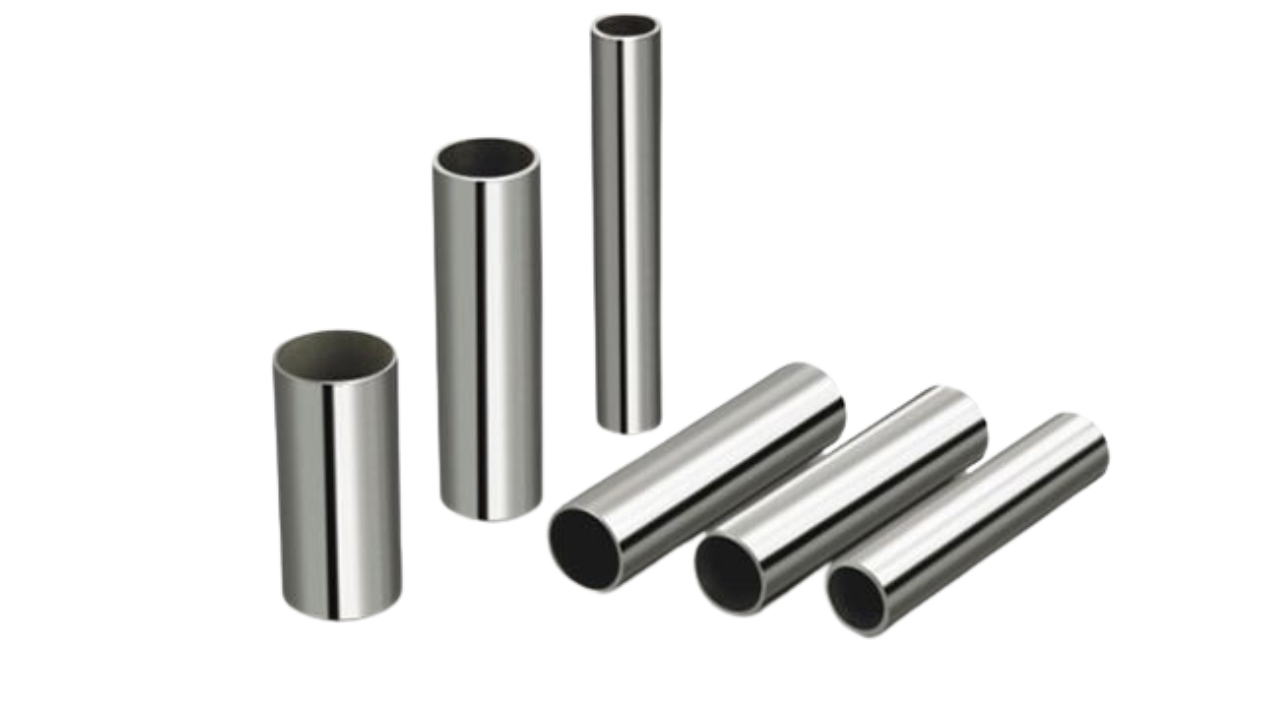Why Stainless Steel Ball Valves Are Essential in Chemical Processing Plants

Chemical processing demands precision and safety.
If you’re associated with chemical processing plants in any way, you must know how every component is central to ensuring smooth operations and preventing downtime.
One such component is stainless steel ball valves.
In this blog, we will pick apart why stainless steel valves are the ultimate choice of chemical processing plant owners and how they have a key role to play in the efficiency and safety of these critical and sometimes life-threatening operations.
Let’s fire away!
The Importance of Stainless Steel Ball Valves
Stainless steel ball valves are crucial in fluid control systems within chemical processing plants. These valves are designed to withstand the challenges of handling aggressive chemicals and enduring harsh operating conditions. For instance, when corrosive substances flow through the system, the stainless steel material of these valves resists degradation, ensuring the safety and reliability of the entire process.
A comparison can be made with traditional valves fabricated from materials such as brass or bronze. While these materials may suffice in specific settings, the unparalleled durability and longevity of stainless steel ball valves make them the preferred choice for industrial applications. In environments where constant exposure to corrosive elements is a reality, these valves provide uninterrupted service, contributing to the seamless operation of the entire chemical processing plant.
By choosing stainless steel ball valves, chemical processing plants benefit from a robust and reliable component that enhances the efficiency and safety of their operations. With their ability to endure extreme conditions and resist deterioration, these valves represent a cornerstone in the fluid control systems of modern industrial facilities.
Key Features And Benefits Of Stainless Steel Ball Valves
Stainless steel ball valves are indispensable assets in chemical processing plants, thanks to their unique properties and design features, which are tailored for handling corrosive and aggressive fluids.
Here’s a comprehensive breakdown of why stainless steel ball valves are crucial in chemical processing:
Corrosion Resistance:
Stainless steel ball valves are highly valued in chemical processing plants due to their remarkable ability to resist corrosion. Even when exposed to aggressive chemicals, these valves maintain their structural integrity, making them an ideal option for ensuring safety and efficiency in industrial settings. For example, when a chemical plant processes highly corrosive substances such as sulfuric acid, using stainless steel ball valves becomes crucial to prevent leaks and maintain operations without the risk of equipment failure.
Moreover, the resistance of stainless steel ball valves to oxidation and chemical reactions enhances their durability and contributes to their long-term reliability. In environments where exposure to harsh conditions is daily, such as high temperatures or extreme pressure, these valves continue to function effectively without compromising performance.
High-Temperature and High-Pressure Applications:
These specialized valves, meticulously designed by engineers, are crucial components that excel in withstanding the harsh conditions prevalent in chemical processing plants. In these high-temperature and high-pressure environments, the valves play a vital role in ensuring the continuous and safe operation of the plants.
For instance, imagine a chemical processing plant where corrosive chemicals flow through pipes at scorching temperatures. Without resilient valves, the plant’s operations would be compromised, potentially leading to catastrophic consequences such as leaks, explosions, or shutdowns. Therefore, these valves’ durability and reliability are desirable and essential for the seamless functioning of such industrial settings.
Reliability and Safety:
Stainless steel ball valves provide dependable and secure functioning, making them crucial for managing the flow of liquids in chemical plants. These valves are designed to seal shut tightly, which is essential for tasks like turning off the flow of liquids, as it keeps the processes running smoothly and prevents any leaks, especially when the valves are not in use for extended periods.
For instance, in a chemical processing plant, if a stainless steel ball valve fails to seal appropriately during a shut-off process, it could leak hazardous chemicals, leading to potential safety hazards for workers and damage to equipment. With their precise sealing mechanisms, these valves prevent such risks, ensuring the liquid flow is controlled accurately without unintended consequences.
Ease of Operation and Maintenance:
With a straightforward design featuring minimal components, stainless steel ball valves offer ease of use, maintenance, and automation. These valves require little upkeep, decreasing the frequency of downtime and lowering operational expenses, ultimately enhancing chemical plant productivity.
For example, imagine an industrial setting where stainless steel ball valves effortlessly regulate the flow of chemicals, ensuring smooth operations without constant monitoring. This reliability saves time and effort and minimizes the risk of disruptions in production processes.
Versatility:
Stainless steel ball valves are crucial components that offer versatility and compatibility in various applications. For example, these valves can shut off, mix, or regulate the flow of different chemicals and fluids in chemical processing operations. Their adaptability allows them to meet the specific needs of diverse processes, ensuring smooth and efficient operations in the industry. This flexibility makes stainless steel ball valves indispensable tools for effectively handling various substances.
Material Compatibility:
Stainless steel ball valves are highly versatile due to their compatibility with various process media. For example, these valves are essential in chemical processing plants because they do not react with or contaminate the chemicals being handled. This crucial feature ensures that the purity and quality of the products remain intact throughout the production process, meeting stringent industry standards for safety and reliability.
Specialized Features:
Stainless steel ball valves are essential components in chemical processing systems. These valves can come equipped with specialized features, such as fireproof structures, anti-static devices, and leak-proof designs, to enhance safety and efficiency. For example, the fireproof structures aim to contain and prevent the spread of fires that may occur in the processing plant, reducing the risk of damage and ensuring the safety of workers.
Moreover, the anti-static devices help dissipate static electricity buildup, preventing sparks that might ignite flammable materials in the processing environment. This is crucial in minimizing the risk of explosions or fires. Moreover, the leak-proof valve designs guarantee that dangerous chemicals stay safely within the system, avoiding potential leaks that may harm the environment or jeopardize employees’ health.
Bottom Line
Stainless steel ball valves play a crucial role in ensuring efficiency and safety in chemical processing plants. Their resistance to corrosion, ability to withstand extreme conditions, precise control over flow, easy maintenance, and compatibility with various chemicals make them invaluable assets in this dynamic industry.
Using stainless steel ball valves, chemical processing plants can enhance operational reliability, minimize downtime, and strengthen their fluid handling systems against the challenges of their work environment.


